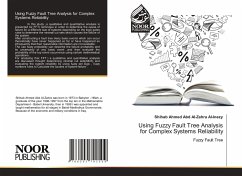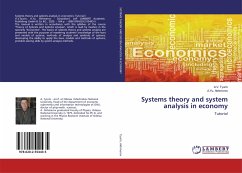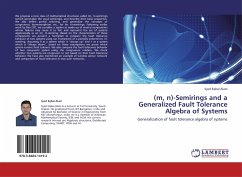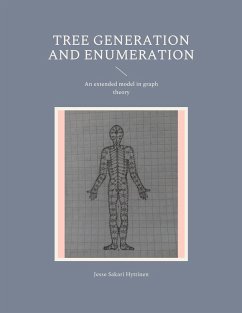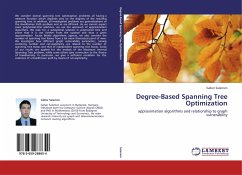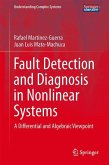In this study ,a qualitative and quantitative analysis is presented to( FFT) technique in order to determine the cause of failure for a different size of systems depending on the logic gates rules to determine the minimal cut sets which causes the failure of the system . After constructing a fault tree many basic events which can occur theoretically have never happened so far or have happened so infrequently that their reasonable information are not available . The use fuzzy probability can describe the failure probability and its uncertainty of any basic event ,and then evaluate the probability of the top event occurrence using certain mathematical operations . For analyzing the( FFT ) a qualitative and quantitative analysis are discussed thought determining minimal cut sets(MCS) and evaluating the system reliability by using fuzzy set logic , fuzzy numbers rules to Calculate the causes of system failure .
Hinweis: Dieser Artikel kann nur an eine deutsche Lieferadresse ausgeliefert werden.
Hinweis: Dieser Artikel kann nur an eine deutsche Lieferadresse ausgeliefert werden.

